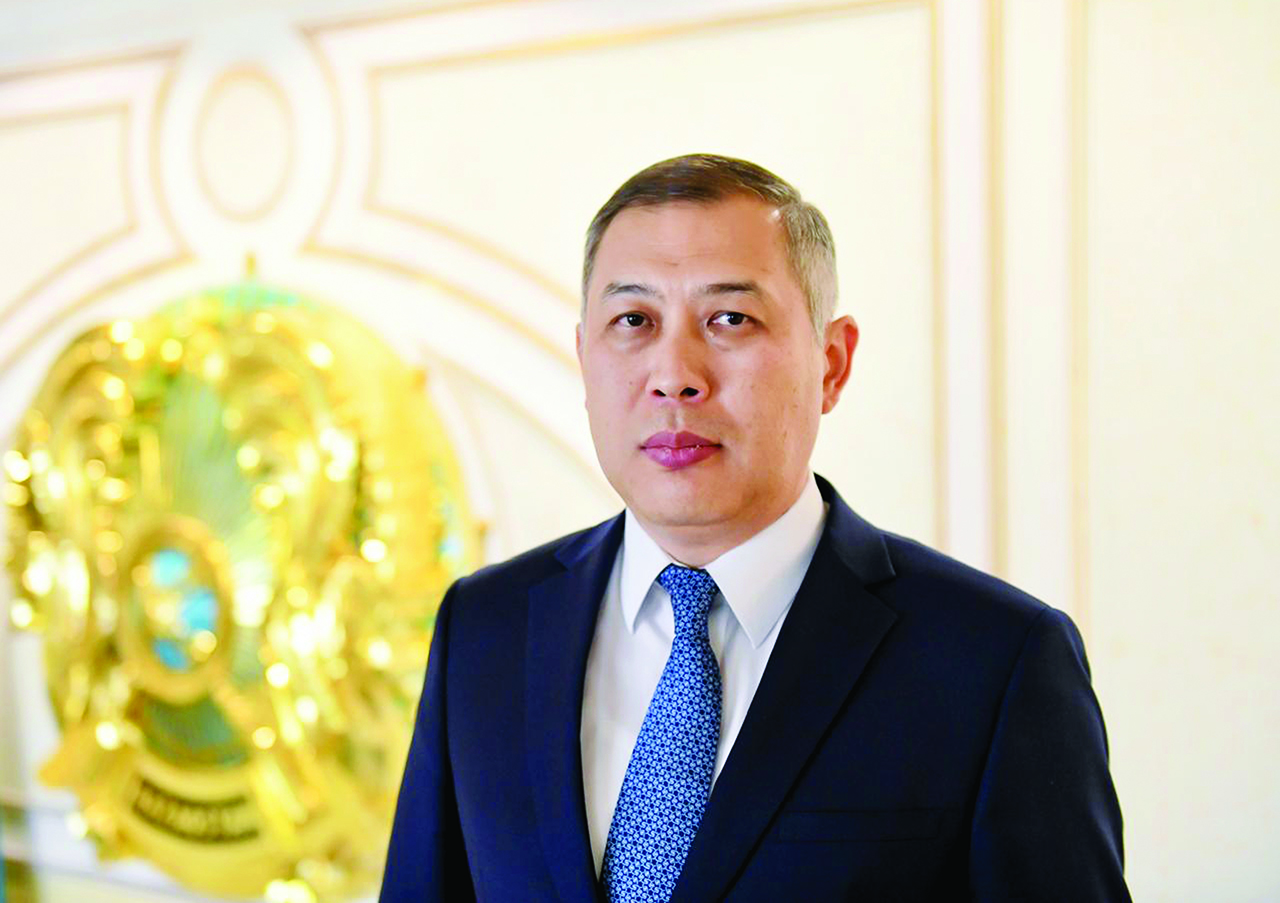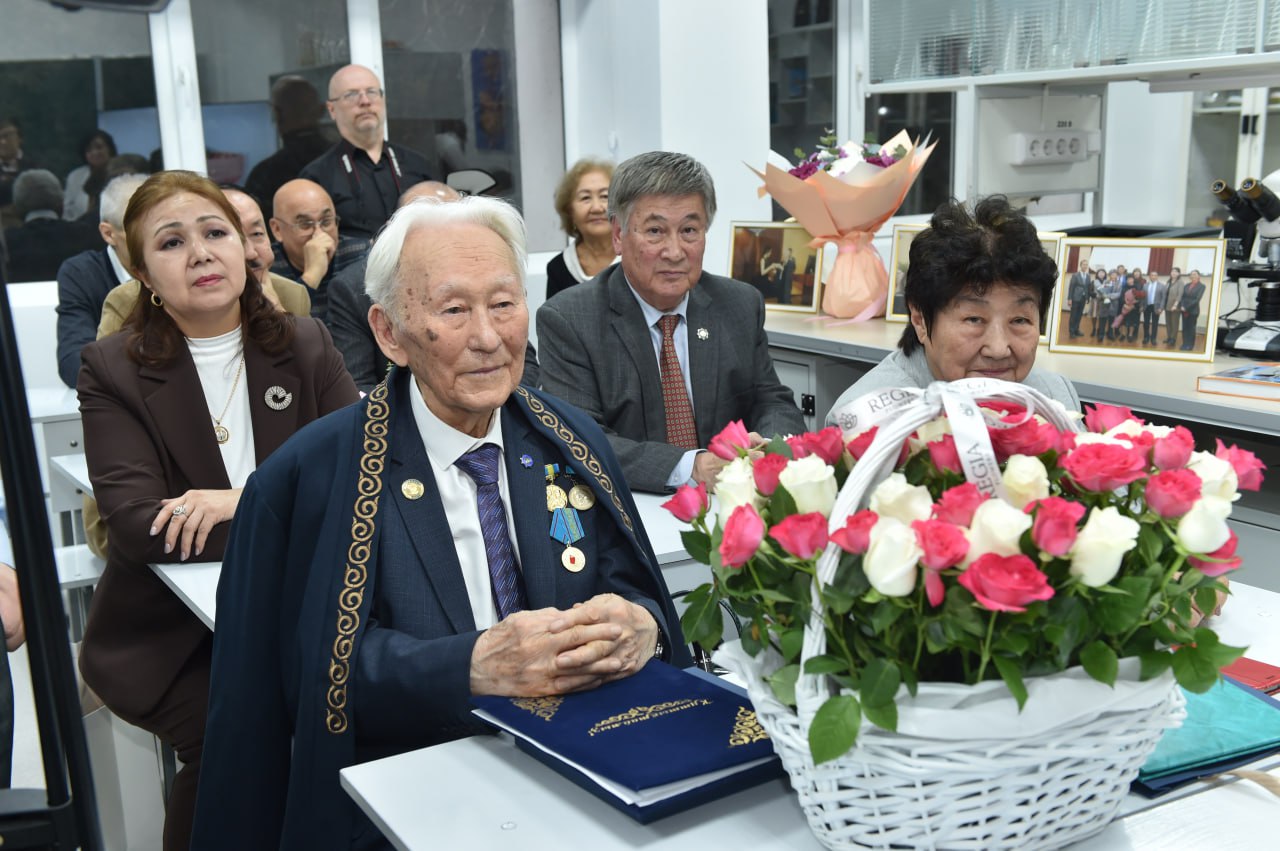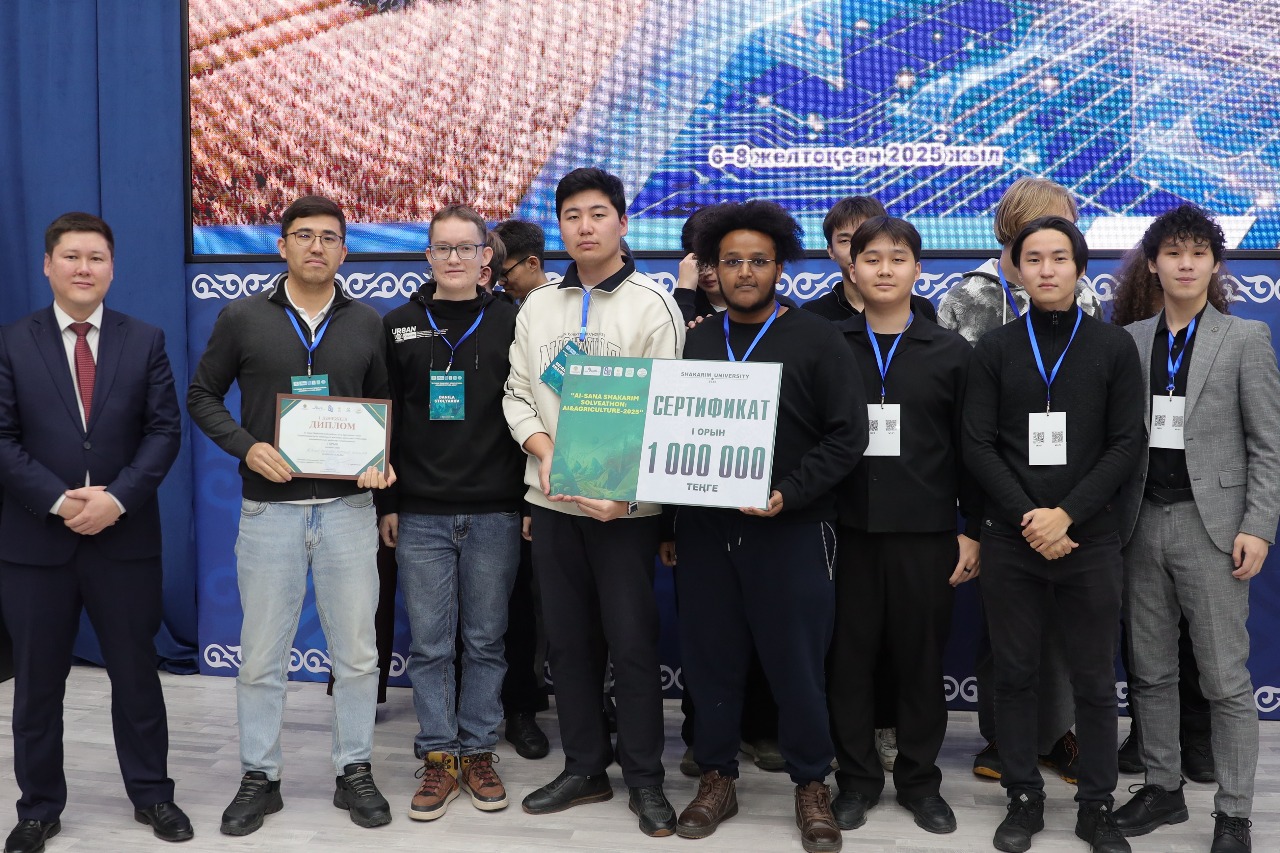- Главная
- Новости
- Shakhrat NURISHEV, Ambassador: There is no diplomat who does not dream of becoming an ambassador.
Shakhrat NURISHEV, Ambassador: There is no diplomat who does not dream of becoming an ambassador.

This year, KazNU is celebrating its 90th anniversary, while the Faculty of Oriental Studies is marking its 35th anniversary. On the occasion of these anniversaries, we had the opportunity to interview one of the notable alumni of the Faculty of Oriental Studies, Shakhrat Nuryshov, who served as the Ambassador of Kazakhstan to the People’s Republic of China (2015-2019, and since 2022) and the Democratic People's Republic of Korea (2015-2019, and since 2024). In our conversation, we discussed his student years at the university, his contributions to society, and his life principles.
– Shakhrat Nuryshov, first of all, thank you for taking the time for this interview. Why did you choose to study Chinese among the languages taught at the Faculty of Oriental Studies?
– Honestly, when I was younger, I never dreamed of studying Chinese or connecting my life to China. In high school, I had planned to join the English group at the History Faculty of S. Kirov KazMU and had already started preparing for that. At that time, there was a program called "Youth Thursday" on one of the national television channels, which aired live. On one such occasion, the rector of KazMU announced that a new Faculty of Oriental Studies was opening at the university, where Chinese, Arabic, and Persian languages would be taught. After hearing this news, I decided to apply for the newly opened "Chinese History" program at the Faculty of Oriental Studies to test my luck. So, in 1989, after successfully completing high school, I passed the university entrance exams with honors and was admitted to a group that taught Chinese language and history.
– What difficulties did you encounter while learning Chinese, and what special methods did you use?
– To be honest, learning Chinese was not easy for me. However, studying Chinese characters, pinyin (the phonetic transcription system), and the components of the characters called "radicals" as well as the history of the origin of each character, fascinated me. After completing my second year at KazMU, the university sent me to study at Beijing Language and Culture University (now Beijing Language University). Immersing myself in a linguistic environment, I quickly improved my Chinese by watching news, various programs, and serials on China Central Television and listening to Chinese radio broadcasts. To memorize and write the characters quickly, I would diligently write each character on 4-5 pages. To memorize words and sentences, I cut rectangular cards from cardboard, wrote the Chinese on one side and the Kazakh translation on the other, and practiced translation. Everyone has their own approach to learning foreign languages, but I believe the methods I mentioned above are still relevant and effective today.
– What wish would you convey to your alma mater on the occasion of its 90th anniversary?
– On the eve of the anniversary, I sincerely congratulate the alma mater that nourished us with the elixir of knowledge! Orientalists are the elite of our country, and I take great pride in being a part of this elite. Oriental studies is a rare profession. Not only do we know the language, but we are also well-versed in the culture, politics, history, and economics of the country – we are universal individuals with knowledge across all fields. If we look around, we can see that Orientalists work in every sector of society. In this regard, I wish the teaching staff of the Faculty of Oriental Studies good health and happiness in their families. To the young orientalists, I would advise not to be afraid of difficulties and wish them persistence and hard work in reaching the heights of their dreams.
– Thank you for the conversation.
Fatimabibi DAULET,
professor, Department of Chinese Studies
Другие новости


